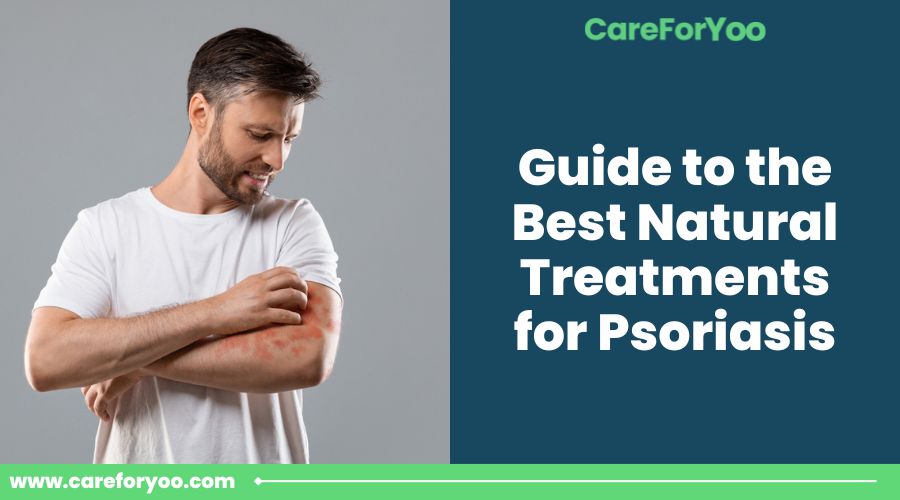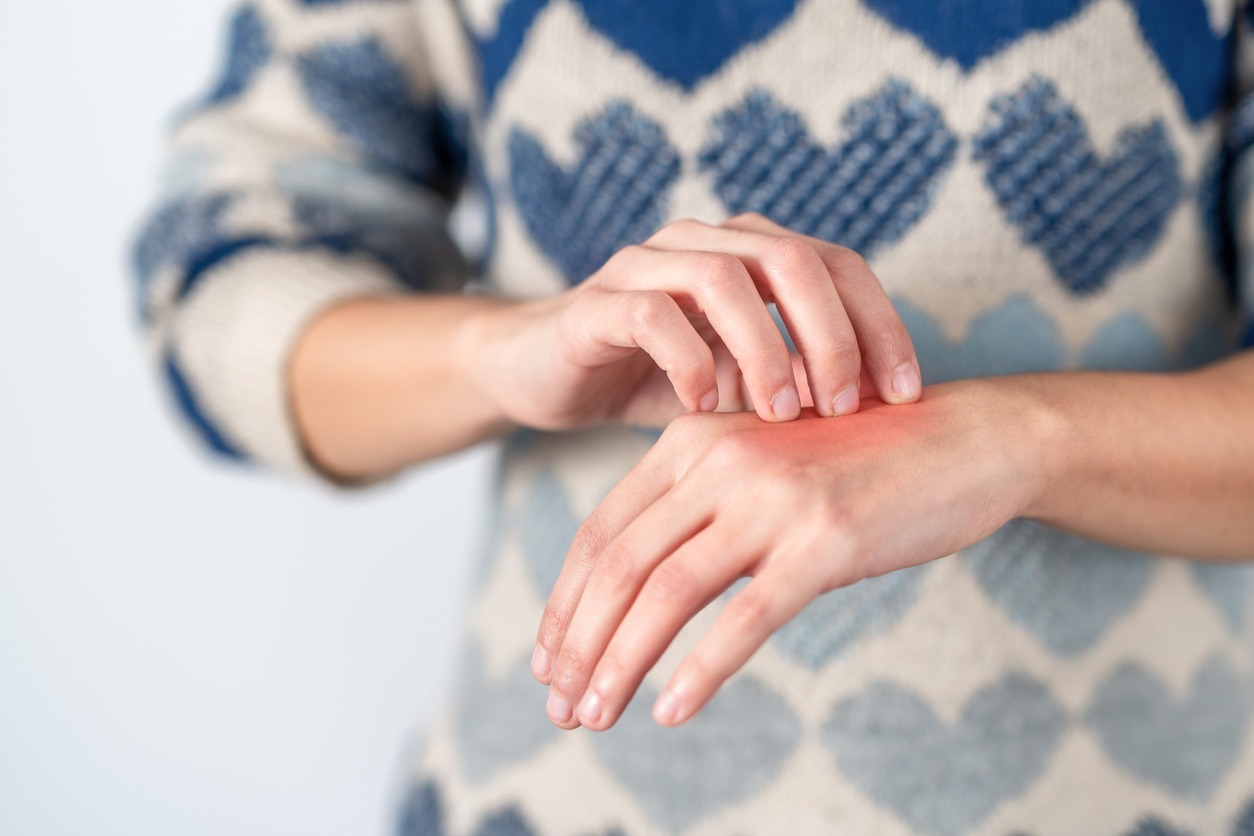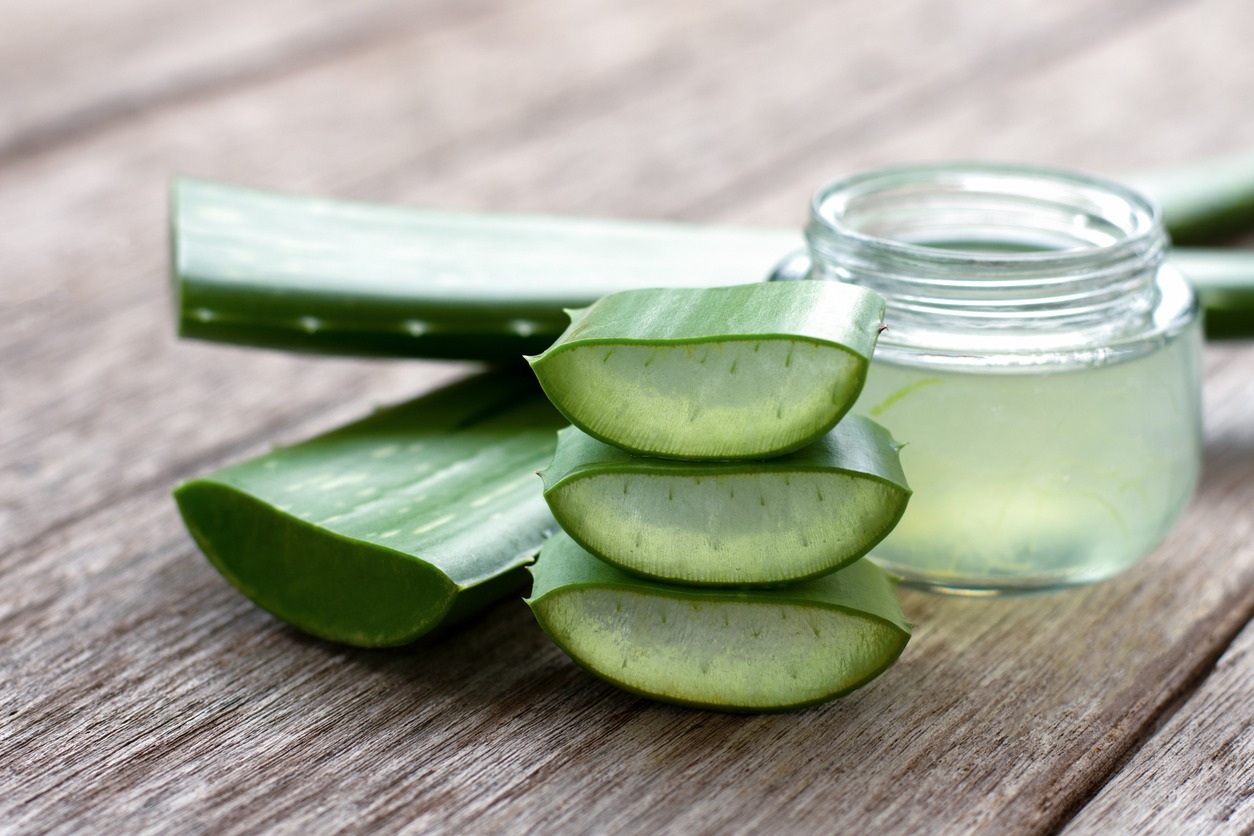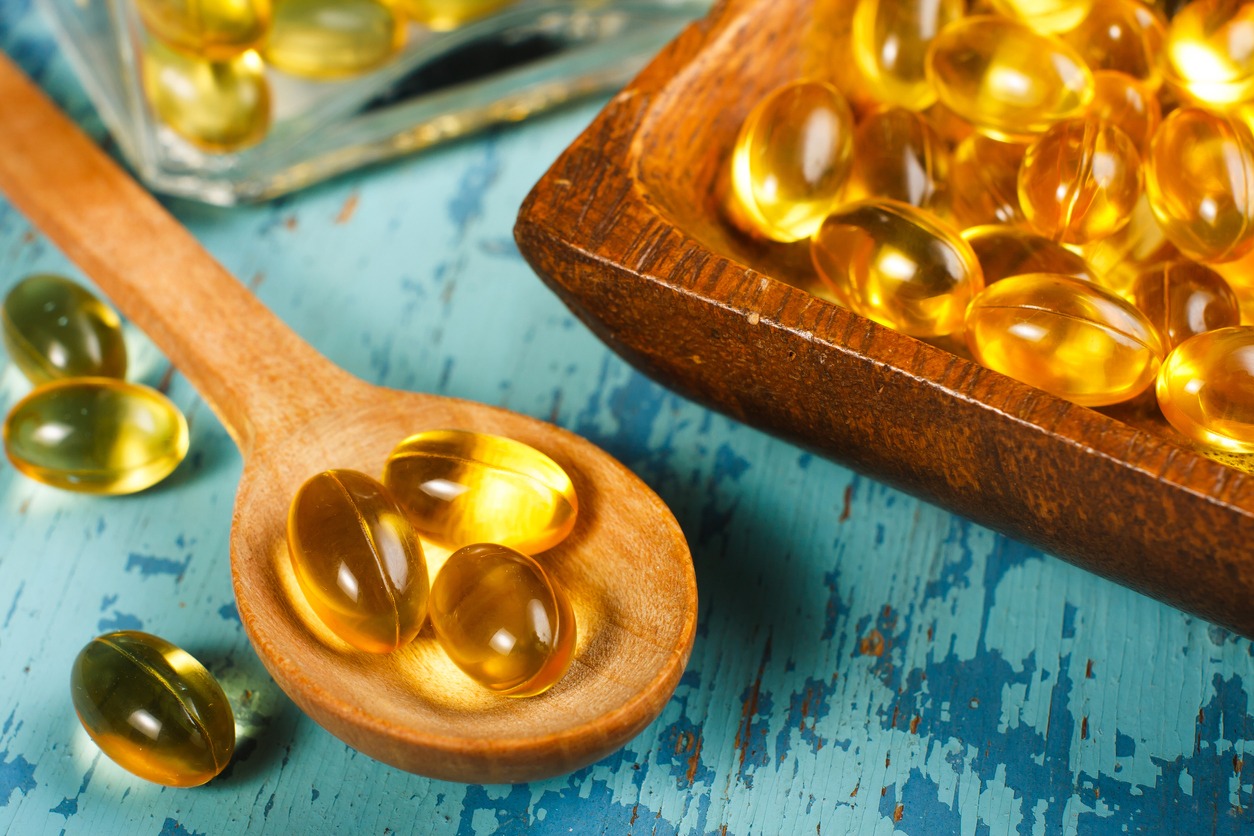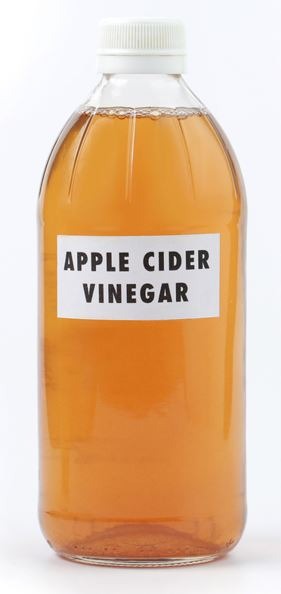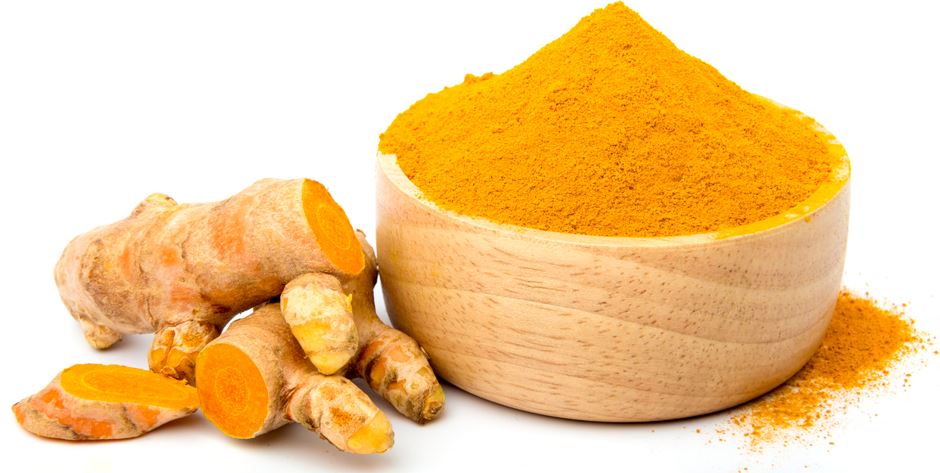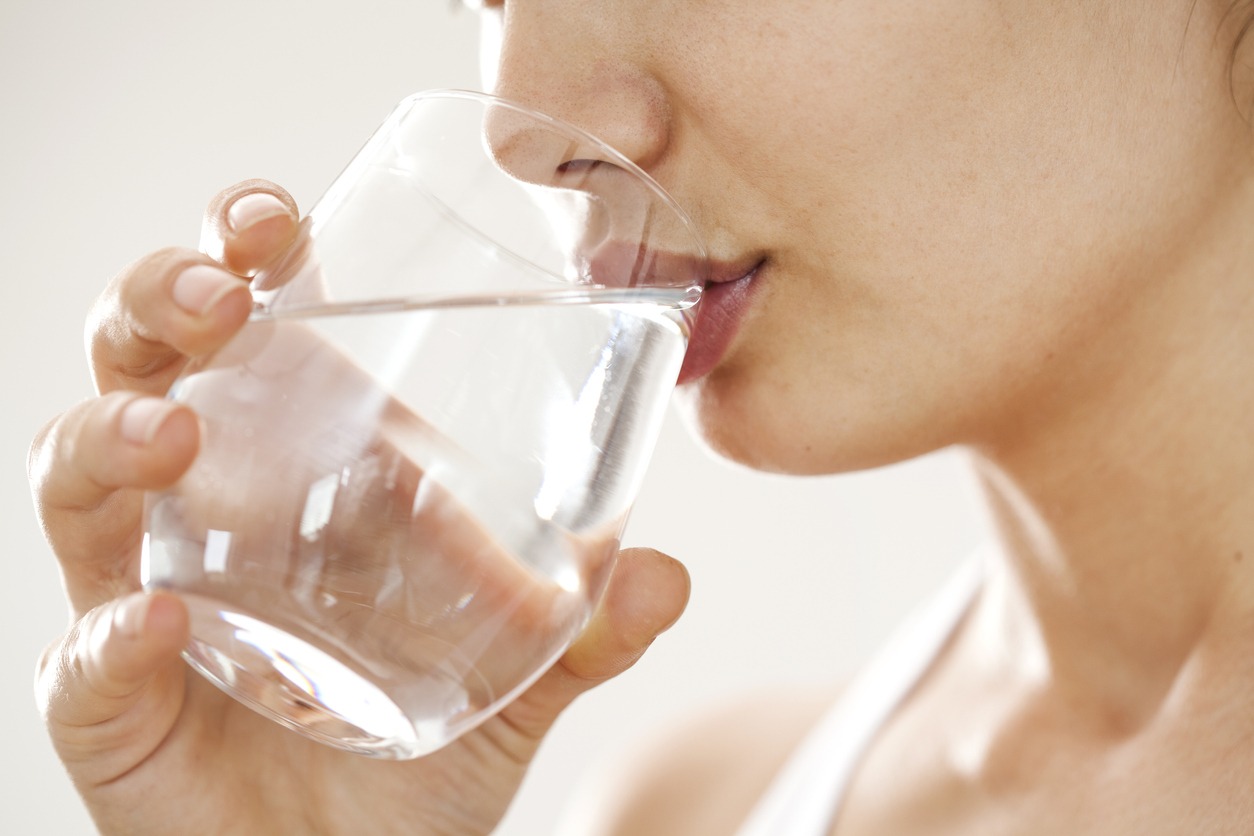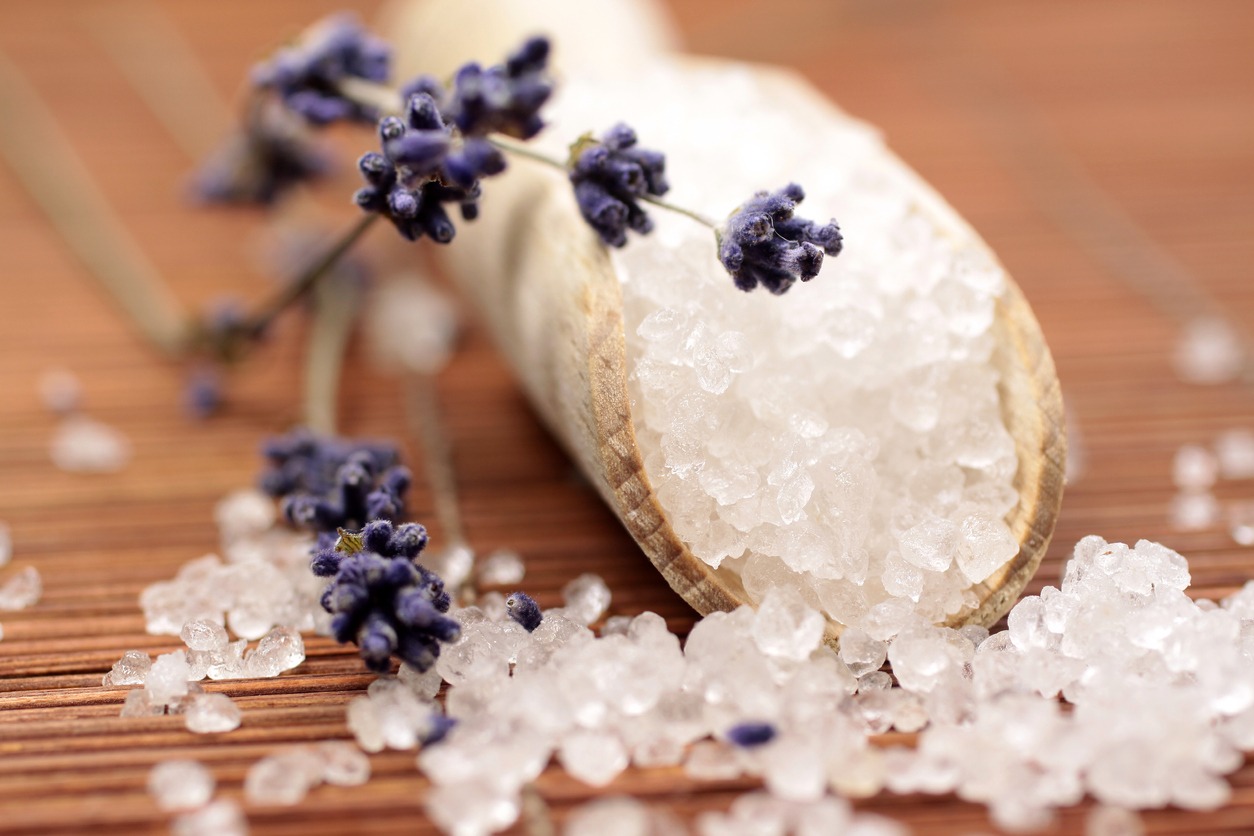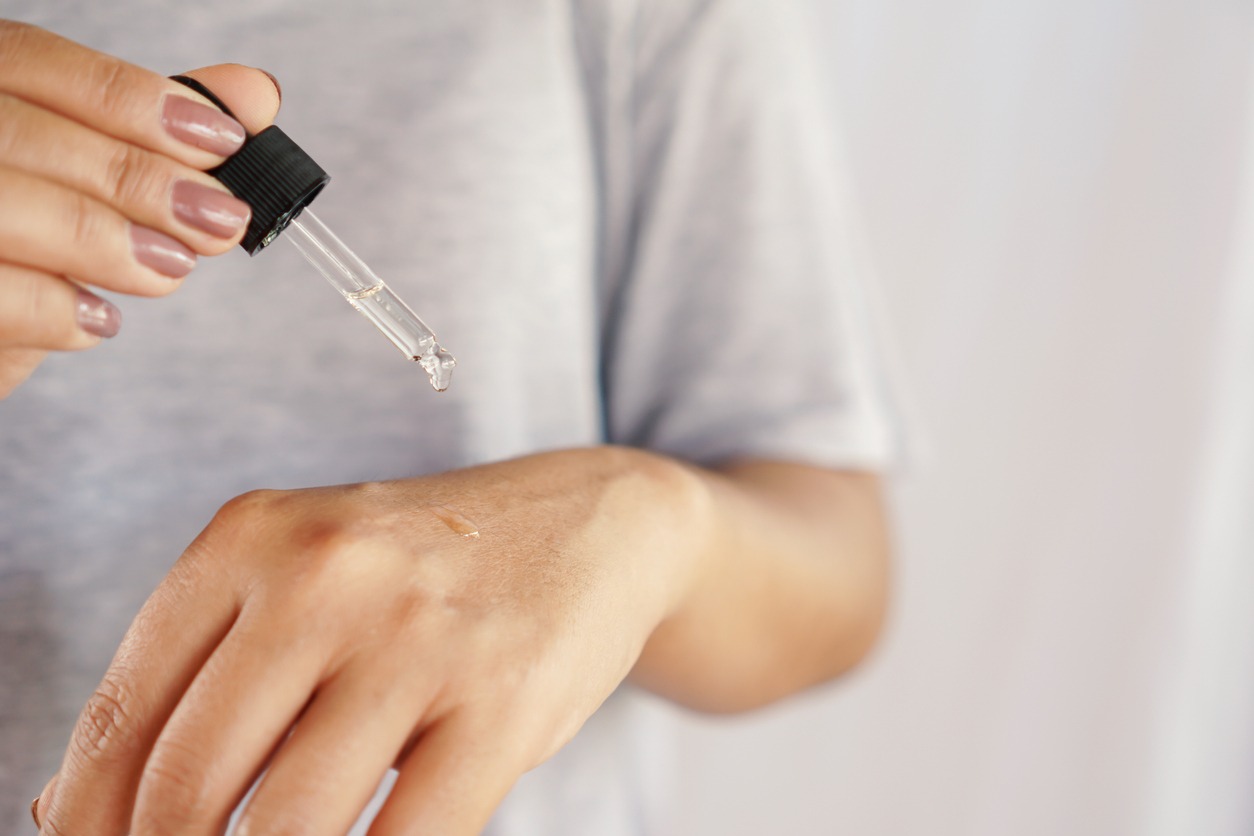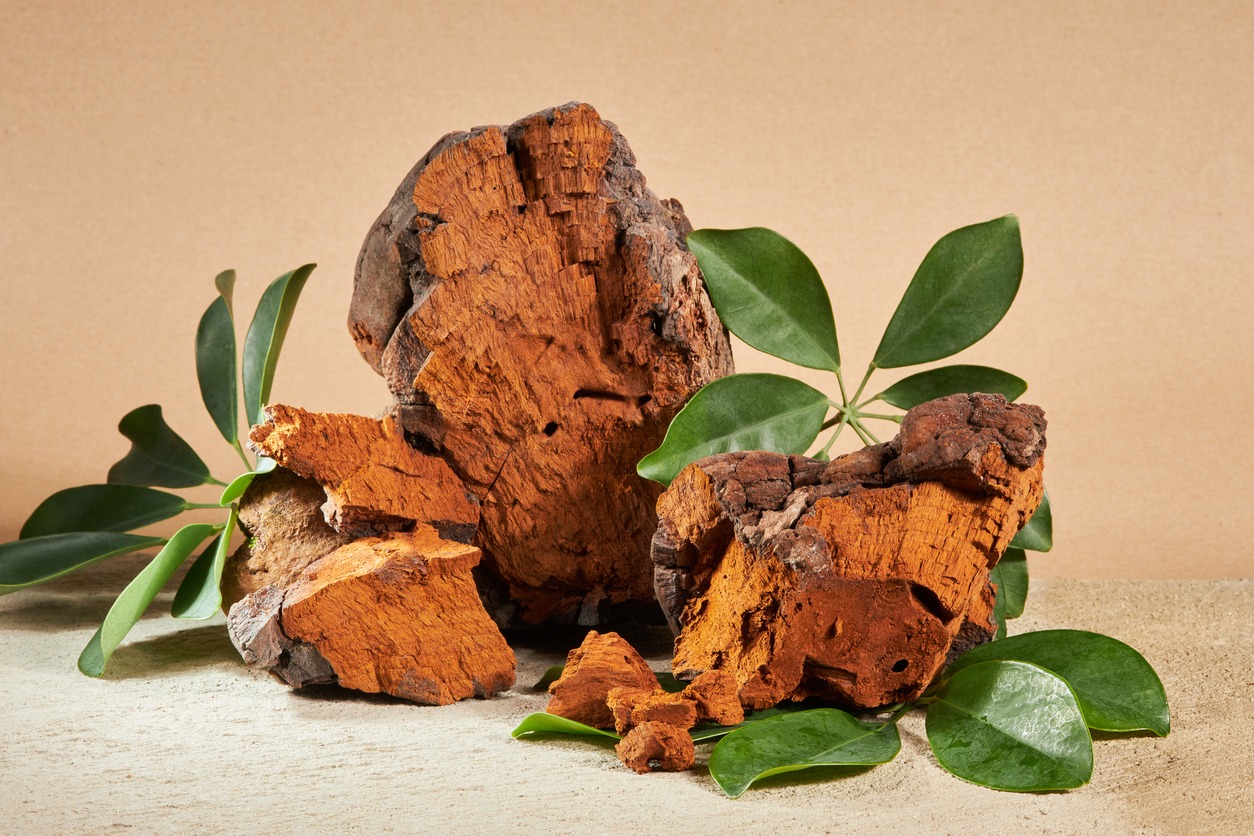Disclaimer: This article is for informational and educational purposes only and does not substitute professional medical advice. It is important to always consult a medical professional for any health issues.
There are a lot of skin diseases that people may acquire, and one of those is psoriasis. This condition causes a rash with itchy, scaly patches on areas like the scalp, elbows, trunk, and knees. It is a common skin condition that is long-term or chronic, and it has no cure. Psoriasis can be painful, making it hard for a person to sleep and concentrate. It also tends to go through cycles. For instance, it can flare for a few weeks or months, then subside for a while.[1]
The exact cause of psoriasis is unknown, but based on researchers, it could be linked to familial and environmental factors. For instance, children whose parents have a history of being affected with psoriasis have a high chance of getting the same disease as well. The condition may also worsen due to allergies, physical trauma, and alcohol. While there is currently no cure available for psoriasis, there are some treatments that may prevent it from worsening or spreading. Some of these treatments are natural and can be done at home.
However, keep in mind that every case of psoriasis is unique, and there is no single method guaranteed to effectively treat it. Therefore, it is also important to discuss treatment options with a doctor or dermatologist while trying out natural and home remedies that might work for you. To help you, we are giving you a guide to the best natural treatments for psoriasis.
Symptoms of Psoriasis
Below are the common signs and symptoms of psoriasis:
- A patchy rash that appears very differently on each individual, ranging from little areas of dandruff-like scaling to significant eruptions over a large portion of the body
- variable-colored rashes with a preference for purple hues with a gray scale on brown or black skin and pink or red with a silver scale on white skin
- tiny scaling marks (commonly seen in children)
- Bruising skin that is dry and cracked
- soreness, burning, or itching
- Recurring rashes that peak for a few weeks or months before going away
Types of Psoriasis
The symptoms of psoriasis that we’ve mentioned above are in general. However, there are also several types of psoriasis, and each of them varies in its signs and symptoms. Below are the different types of psoriasis:
Plaque Psoriasis
This is the most common type of psoriasis. It causes dry, itchy, raised skin patches called plaques, which are covered with scales. This type of psoriasis usually appears on the lower back, scalp, knees, and elbows. The patches also vary in color, depending on a person’s skin color. The affected area may also heal with temporary changes in color, which is referred to as post-inflammatory hyperpigmentation, which is common on brown or black skin.[1]
Nail Psoriasis
This type of psoriasis affects fingernails and toenails. It causes pitting, abnormal nail growth, and discoloration. Psoriatic nails might also loosen and separate from the nail bed, which is referred to as onycholysis. Severe conditions of nail psoriasis may also cause the nail to crumble.[1]
Guttate Psoriasis
This type of psoriasis mainly affects young adults and kids. It is mostly triggered by a bacterial infection like strep throat. Guttate psoriasis is marked by small, drop-shaped scaling spots on the trunk, legs, and arms.[1]
Inverse Psoriasis
This type of psoriasis affects the skin folds of the breasts, groin, and buttocks. It causes smooth patches of inflamed skin that can become worse with sweating and friction. This type of psoriasis may also be triggered by fungal infections.[1]
Pustular Psoriasis
This is a rare type of psoriasis that causes clearly defined pus-filled blisters. It occurs mainly on widespread patches or on small areas of the soles or palms.[1]
Erythrodermic Psoriasis
This is the least common type of psoriasis and also the worst. It’s because it can cover the whole body with a peeling rash that can burn or itch intensely. Erythrodermic psoriasis can be short-lived (acute) or long-term (chronic).[1]
When you suspect that you may have psoriasis, it is important to see your healthcare provider immediately. It is also best to seek medical care if your condition becomes severe, causes you discomfort and pain, gives you concern about the appearance of your skin, and if it does not improve with treatment.[1]
Natural Remedies for Treating Psoriasis
Using a home or natural remedy alone or with medical treatment may help improve psoriasis symptoms. People who are suffering from psoriasis may try complementary approaches, especially if medical treatments do not work for them or have side effects. However, you also have to remember that some natural treatments may interact with medications. Therefore, before you try any of them, you should consult with a doctor first. In addition, it is also essential to monitor your psoriasis symptoms to make sure that the remedies are not causing them to become worse.[2]
Below are the different natural remedies that you can try which may help improve psoriasis symptoms:
Capsaicin
Capsaicin is a component of red peppers, and it has demonstrated the ability to fight inflammation. Based on a study, it may also be an effective psoriasis treatment. People who are suffering from psoriasis may use a capsaicin cream to treat skin plaques. Initially, it may cause a burning sensation and inflammation. But it helps the nerves in the treated area to become less sensitive to inflammation with further application. Using capsaicin may lead to less pain, itching, and scaling.
There is also a more recent study that suggests people with psoriasis use capsaicin as an alternative to topical psoriasis treatments that contain steroids. Based on that study, the application of capsaicin to the affected area created a protective effect that reduced the ability of the body to send signals called cytokines for more inflammation. You can purchase capsaicin creams online, in pharmacies, and in food stores.[2]
Aloe Vera
Aloe vera plant gel has long been used in traditional medicine to treat skin wounds. Applying an aloe vera-based ointment can also help lessen the scaling and inflammation that come with psoriasis.
Around 2,248 patients with mild-to-moderate psoriasis used an ointment containing either 50% propolis and 3% aloe vera or a placebo in a 2018 study. According to the study’s findings, aloe vera may be beneficial for those who have this illness. The symptoms of those who utilized the aloe vera-containing treatment significantly improved.
Aloe vera should not be used internally, and it should only be applied topically. Choosing a cream or gel with at least 0.5% aloe is advised by the National Psoriasis Foundation. Aloe creams and gels can be bought online as well in a lot of health food stores.[2]
Omega-3 Fatty Acids
Your body may experience less inflammation if you consume omega-3 fatty acids. Since systemic inflammation is the underlying cause of the painful, discolored flakes, this may help with psoriasis symptoms. A lot of food contains omega-3s. Some examples are nuts, seeds, soy, flaxseed oil, and fatty fish. Fish oil is also available in the market as a dietary supplement.
However, the current information on omega-3 fatty acid supplementation and psoriasis are contradictory. Twelve of the 15 trials testing fish oil for the treatment of psoriasis indicated a benefit in the condition, while three showed no benefit, according to an older 2014 meta-review.
A 2017 study of 1,206 psoriasis sufferers found that 45% of individuals who increased their intake of omega-3 fatty acids noticed an improvement in their skin. The use of fish oil supplements to treat psoriasis, according to a 2019 meta-analysis, is not sufficiently supported by the available research.
If you choose to take fish oil supplements, it is important to always read the label and consider consulting with a doctor first. If you have other medical conditions or other medications, they may advise you to avoid taking them.[3]
Apple Cider Vinegar
According to empirical information, apple cider vinegar may relieve the burning and itching brought on by scalp psoriasis. It should not be used on skin that is broken or cracked, though. In addition to its natural germ-killing abilities, apple cider vinegar also has calming effects on the scalp. The NPF advises using it many times each week. A person can mix equal parts vinegar and water for a milder therapy. It is crucial that the user discontinue using it if it burns during or after application.
Based on an article by the International Journal of Dermatology, vinegar has antimicrobial and antioxidant properties, which are great for wound care. However, while it is generally safe, inappropriate use may cause further damage to the skin.[2]
Turmeric
Turmeric is a popular spice used in India, the Middle East, and other Asian countries. It has a distinctive yellow spice, and it contains an active ingredient called curcumin. A lot of researchers have looked into the effects of curcumin on different skin disorders, and this includes psoriasis.
In a 2018 study, researchers found enough evidence to support the use of curcumin to help treat psoriasis. However, they have also noted the need for more extensive, placebo-controlled studies. In 2021, the effects of curcumin were tested on mice. Based on that study, they found that out could help alleviate the symptoms in the mice test subjects, which can be promising for possible human application.[3]
Water
One of the easiest natural treatments for psoriasis is drinking water. Drinking plain water will keep you hydrated, and when you have psoriasis, being well-hydrated will help keep your skin from getting too dry. The human body is 60% water, and it is important to constantly replenish it.[4]
Warm Baths
A warm bath is different from a hot bath, and it can be soothing to the skin, especially for those who have psoriasis. You can also try adding some Epsom salt, mineral oil, colloidal oatmeal, or olive oil to help with itching and irritation. Also, when taking a bath, only do so once per day. You should also limit your showers to five minutes and baths to fifteen minutes. Always use a moisturizing soap, and pat yourself dry and do not rub. Applying a moisturizer after bathing is also important.[3]
Oregon Grape
A member of the barberry family, the Oregon grape (Mahonia aquifolium) has antibacterial properties. The use of Oregon grape to treat psoriasis has been supported by seven studies, according to a 2018 analysis by the authors. According to these investigations, it is both reliable and effective in treating psoriasis symptoms. Ointment and cream versions of Oregon grape are available online, at select pharmacies, and in health food stores.[3]
Natural Moisturizers
Maintaining moisture in your skin is crucial for controlling psoriasis symptoms. The use of moisturizers can prevent flaking and irritation of the skin. In fact, organizations like the American Academy of Dermatology Association (AAD) point out that, in addition to other treatments, moisturizing creams and emollients are considered standard therapy for psoriasis.
Apply moisturizer at least once daily, preferably just after a shower, in the morning, or right before bed. You might find it beneficial to create a moisturizing routine. However, stay away from moisturizers that include a lot of fragrance, dye, or other ingredients. These may cause skin irritation.[3]
If you also experience having wounds from the skin condition, you may want to check out our list of the Best Creams and Salves for Wound Care.
Salt Bath
For those who have psoriasis that has spread across their entire body and cannot be treated with creams and moisturizers alone, taking a bath in water that has been mixed with salt may be the finest natural cure. But not all types of salt can be used to cure psoriasis, and the salt from the Dead Sea is the best for halting the progression of the condition. When Dead Sea salt and water are combined, they create a salt bath that can nourish the skin, especially if it is dry.
Tea Tree Oil
Another fantastic natural remedy is to apply tea tree oil and water to the affected region, which will successfully stop it from becoming dry and inflamed. Along with its moisturizing qualities, tea tree oil can help control skin cell formation, which is accelerated by psoriasis, and it can lessen the visibility of scar tissues since it can penetrate beneath the epidermis.
Chaga Mushroom
The interesting Chaga mushroom can be used as a natural psoriasis treatment in addition to its usual use as an immune system booster. One of the most efficient all-natural remedies for psoriasis, the mushroom has a 100% success rate in curing the condition, according to research conducted by Vladivostok medical centers.
Conclusion
The list of successful natural remedies to treat psoriasis will get longer as researchers continue to develop treatments for the condition. These are just a few of the best examples. It is also best to consult your doctor, as they might suggest other medications for your condition if the aforementioned natural remedies aren’t sufficient to prevent the progression of your psoriasis. We hope this post helped you learn more about the natural treatments for psoriasis.
You may also check out our Guide to Choosing the Right Anti-Inflammatory Creams for more tips and recommendations.
References
[1] Mayo Clinic, E. (2022, October 8). Psoriasis. Mayo Clinic. Retrieved December 5, 2022, from https://www.mayoclinic.org/diseases-conditions/psoriasis/symptoms-causes/syc-20355840
[2] Berry, J. (2022, February 22). Psoriasis: 12 home remedies and how to avoid triggers. Medical News Today. Retrieved December 5, 2022, from https://www.medicalnewstoday.com/articles/314525#home-remedies
[3] Cafasso, J. (2022, October 13). 9 home remedies for psoriasis: Do they work? Healthline. Retrieved December 5, 2022, from https://www.healthline.com/health/psoriasis/moderate-to-severe/8-home-remedies-for-psoriasis-do-they-work#omega-3-s
[4] Orenstein, B. W. (2020, January 30). Natural at-home treatments and remedies for psoriasis. EverydayHealth.com. Retrieved December 5, 2022, from https://www.everydayhealth.com/psoriasis/living-with/most-popular-psoriasis-home-remedies/

